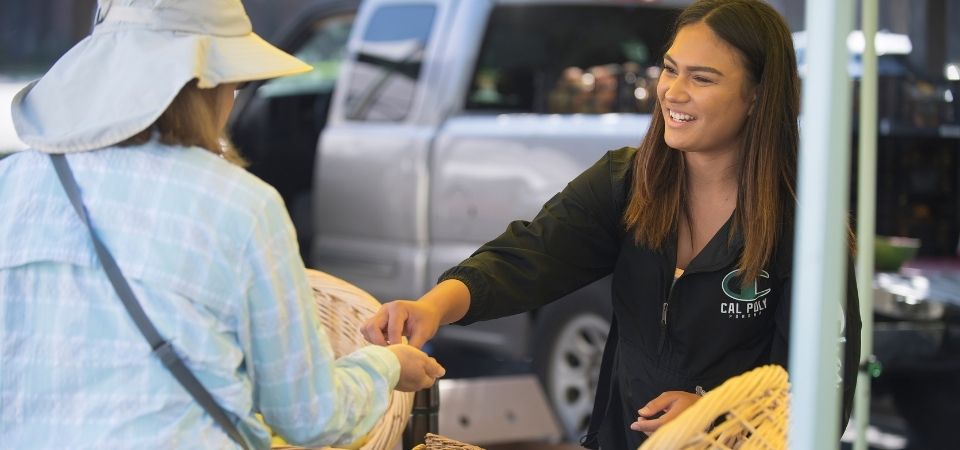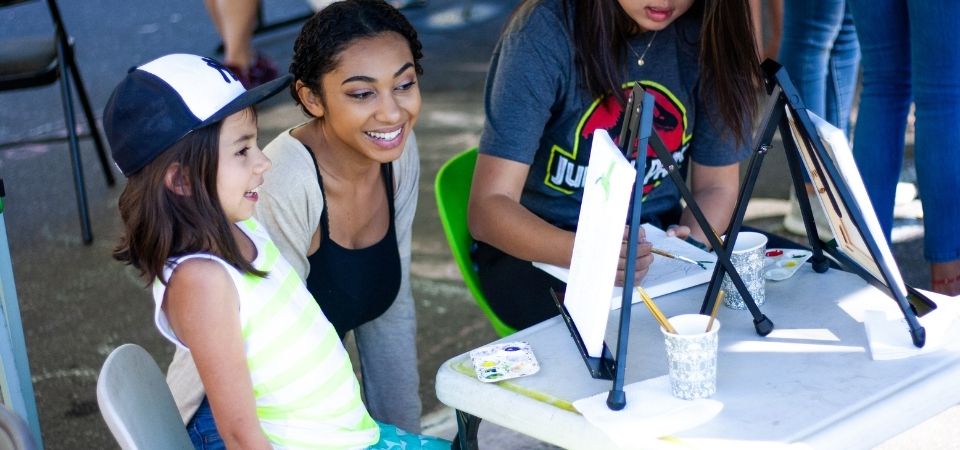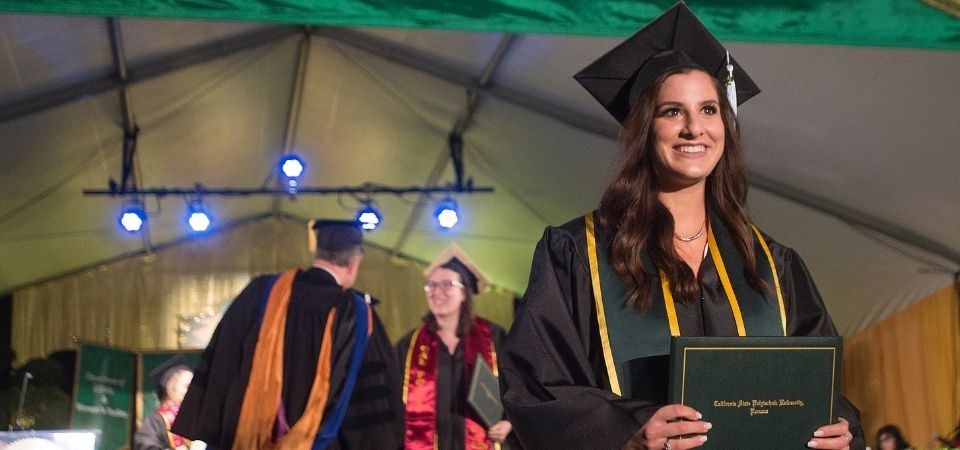Learning Outcomes
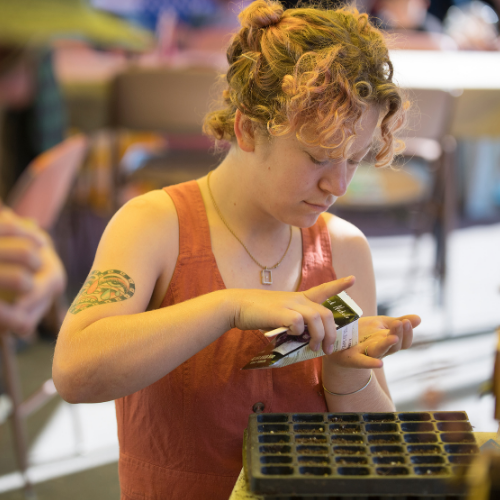
Liberal Studies Organizing Themes
Our curriculum is organized around four relevant themes for today: creativity, social justice, sustainability, and wellness. Across our arts, humanities, sciences and social sciences courses, one or more of our four organizing themes shape each classroom experience. View the chart that shows student learning outcomes for each course.
Liberal Studies Learning Outcomes
Our majors take 10 core Liberal Studies courses, in which you will build expertise and competencies throughout the program in 6 key learning outcomes.
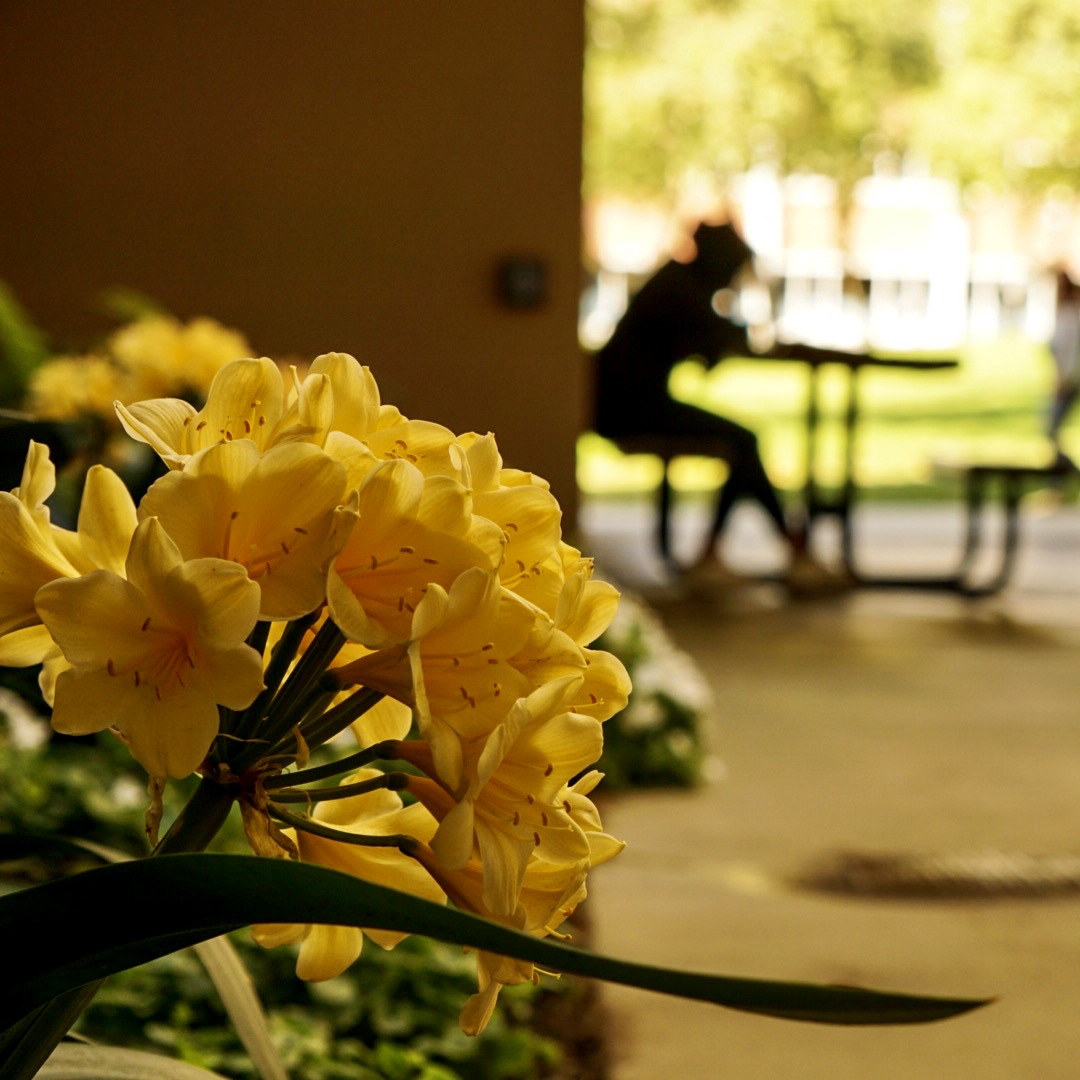
Gain foundational knowledge
Study and apply concepts, theories, works, and practices across the arts, humanities, natural and social sciences.Building critical thinking
Identify, analyze, and evaluate pressing issues of our day and various experiences and perspectives using foundational disciplinary knowledge.Synthesize knowledge
Combine knowledge in the arts, humanities, natural sciences and social sciences across academic fields/disciplines and methods/practices for new insights and solutions.Support social and environmental justice
Understand, explain, and act towards social and environmental justice in connected local and global communities.Write effectively at college-graduate level
Write effectively for academic and professional purposes to convey information and ideas and to progress shared goals.Speak effectively at college graduate level
Speak effectively for academic and professional purposes to contribute ideas and connect with others.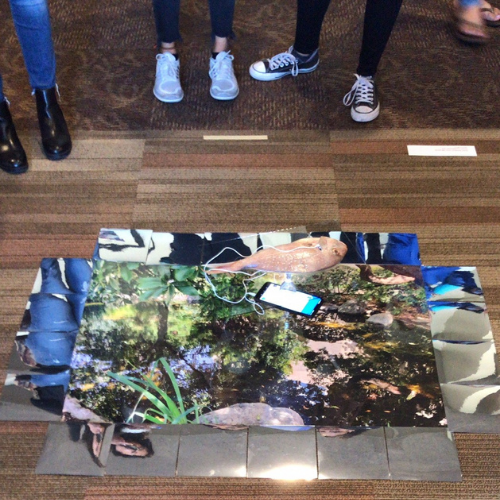
Liberal Studies Experience
The Goal: To become active citizens and capable professionals who impact their communities, workplaces, and society, contributing to a more inclusive and just world.




